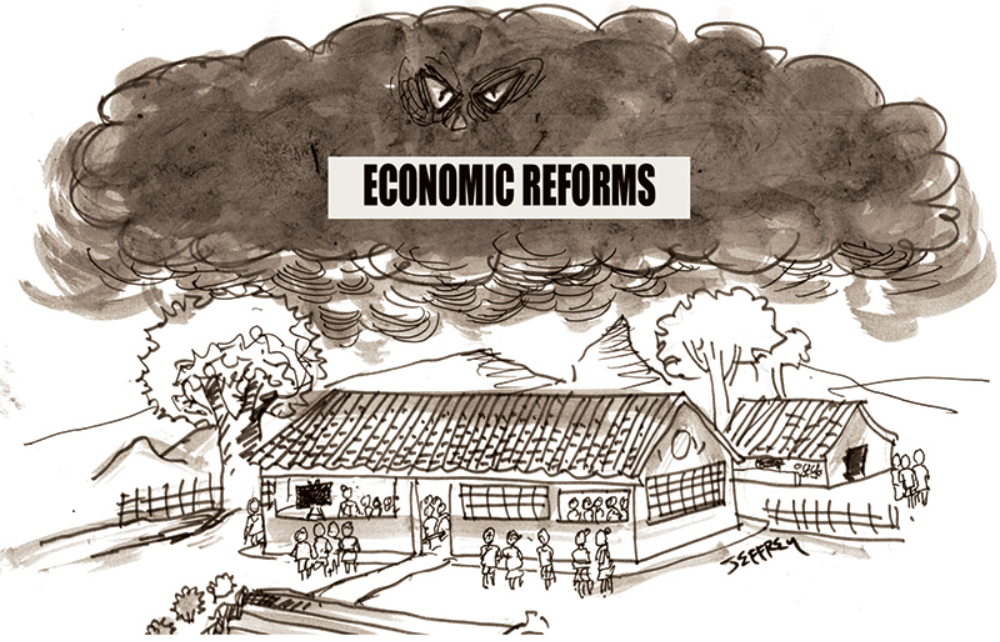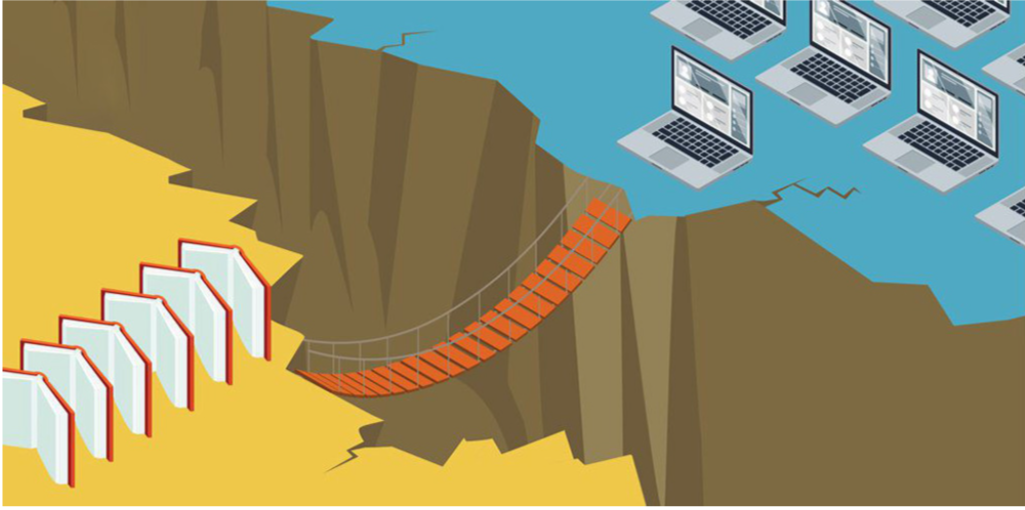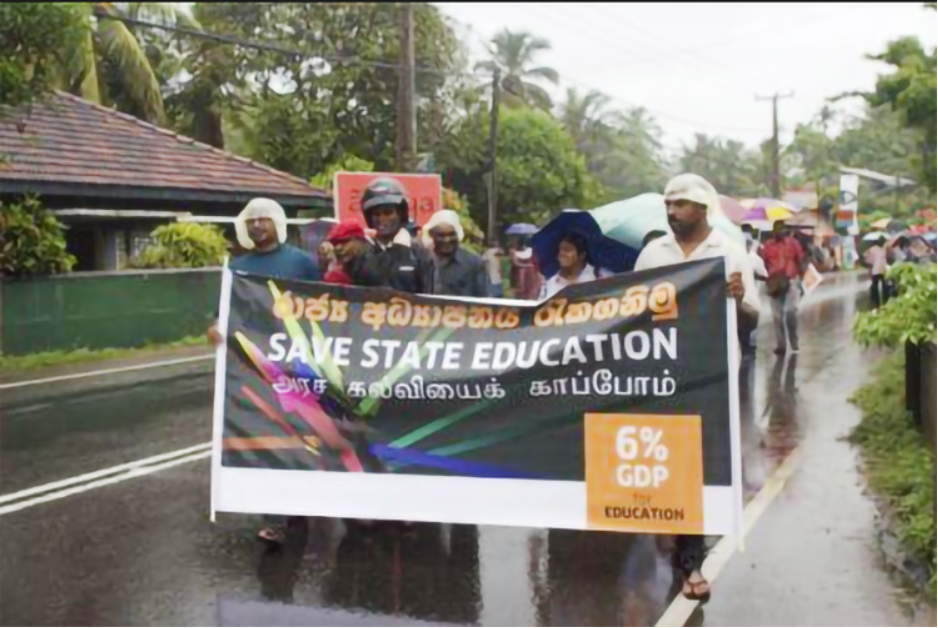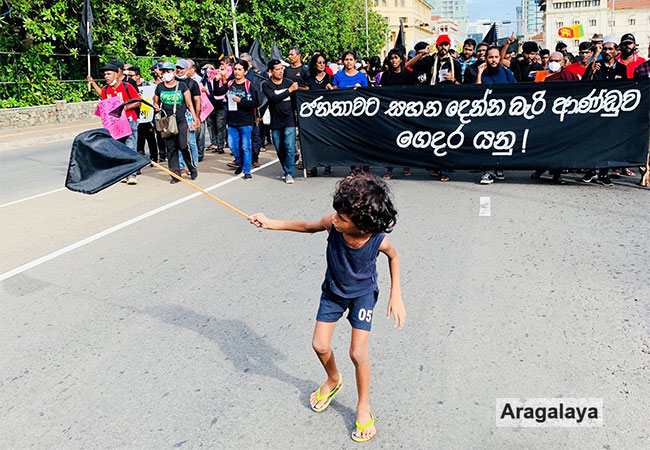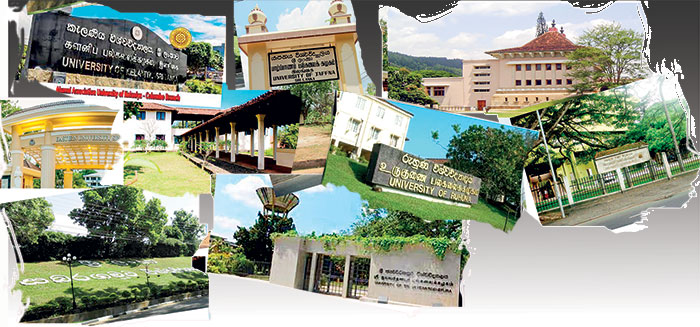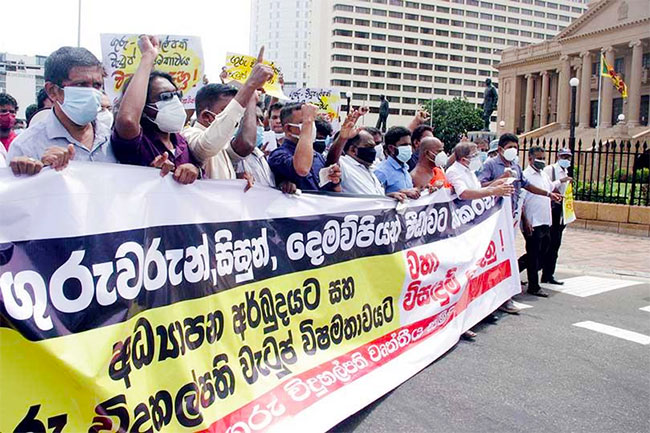Demystifying standards in English language classroom
In her Kuppi Talk article “The dispossession of a voice through English in Sri Lanka” (6 February 2024), Selvaraj Vishvika delves into the myriad troubles that accompany the imposition of standards on the English language learner in Sri Lanka. Chief among her reflections is the sordid reality every ELT (English language teaching) practitioner must face at some point: that we do in fact disallow for learners’ expression of ideas when we get myopic about maintaining ‘standards’. Extending this argument further, Maduranga Kalugampitiya (“Positioning the idea of Sri Lankan English in the field of English language teaching in Sri Lanka”, published 2 April 2024) argues that a realistic standard should necessarily be one that contextualises itself to its locality, allowing for users to adapt it to their circumstances.

